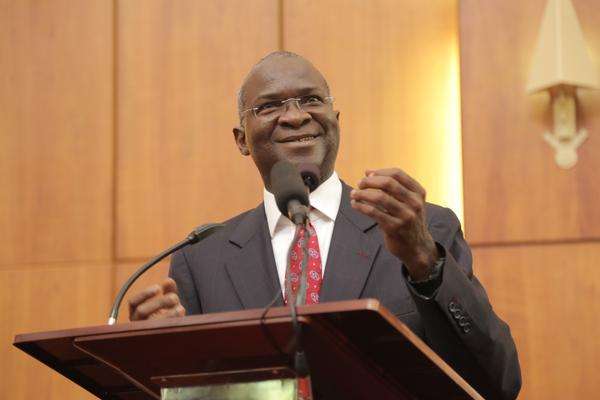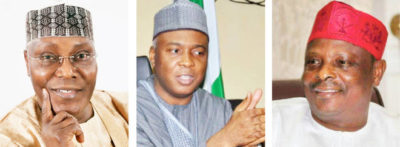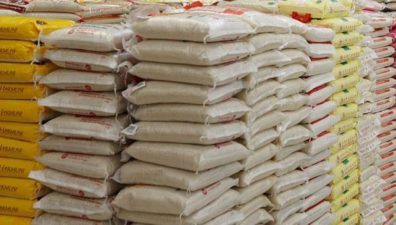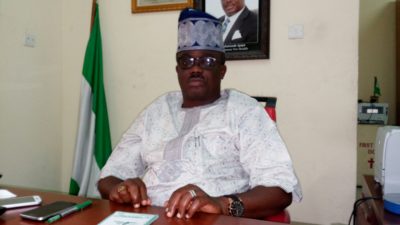The Federal Government, Wednesday, explained that many parts of the country continued to witness power outage occasionally because only 5,000 megawatts of the 7,000mw generated go to the national grid.
Consequently, the Federal Executive Council, FEC, approved a policy framework that will attract fresh investment for improved distribution infrastructure in the sector to utilise the redundant 2,000mw of electricity in the national grid.
This was disclosed by the Minister of Power, Works and Housing, Mr. Babatunde Fashola, while briefing State House correspondents after the weekly FEC meeting, presided over by President Muhammadu Buhari at the Presidential Villa, Abuja.
Recall that the Vice President, Yemi Osinbajo recently announced an increase in Nigeria’s power generation capacity of 7,000 megawatts, noting, however, that challenges still persist with distribution to consumers.
But Fashola said what was approved was not yet a project, but rather a policy framework, adding that in the power value chain, transporting electricity was a process done on the transmission grid at 330, 132 and 133kv under the Transmission Company of Nigeria, TCN, while between 333 and 11kv and 415 volts were under the distribution companies.
He said: “The FEC, today, approved a memo providing a framework of investment at the 33KVA and 11KVA line in expanding the national distribution network, to deliver an extra 2000mw of electricity to consumers which is currently not getting to the grid, will get to the grid and then to consumers.
“Nigeria today has 2000mw of electricity that cannot reach consumers because of lack of distribution capacity. They are not getting to the grid in that those networks are not sufficient to support more than 5,000MW, so investments has to come in.
“The Federal Government has 40 percent shareholder and the DISCOs have 60 percent and will be compelled to make additional investments, which they were supposed to have made.”
On whether the new policy framework will attract a hike in electricity tariff, the minister said it was not the responsibility his ministry to fix prices or tariff, but rather that of the National Electricity Regulatory Commission, NERC.
He said: “I don’t decide the price of electricity tariff. The minister does not make that decision. But the point we are making is that NERC is the authority that decides electricity tariff, not the ministry or the minister. So the question about pricing and tariff should appropriately be directed to NERC.”
…Approves flight safety laboratory for accident investigation
Also briefing journalists, the Minister of State for Aviation, Hadi Sirika, said FEC approved a memo to upgrade flight safety laboratory used for accident investigation purposes.
He explained: “The laboratory was first established in 2012 but it became obsolete, the reasons being that the laboratory used tape-based flight recorders. Nigeria like other places recorded plane crashes in the case of Dana where extreme temperatures damaged the recorders because they are tape-based.
“So, we are upgrading it to something that is more permanent and can stand high temperatures. These are international requirements. The amount is N656 million.”
…Okays N3.78bn for water rehabilitation in Jigawa
On his memorandum, Minister of Water Resources, Sulaiman Adamu, said council approved a memo for the rehabilitation of water supply scheme in Kazaure in Jigawa State at the cost of N3.78 billion to CGC Nigeria Limited.
The project, he explained, came about because of the Bwari irrigation project, which was started in 1997 but was abandoned in 2000, adding that the work disrupted the facility supplying the town with water for 20 years, adding that the town has been without water.




